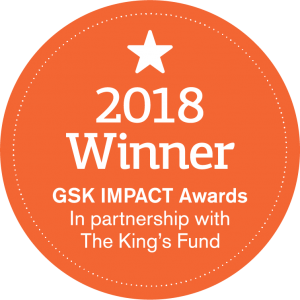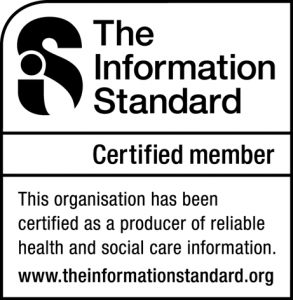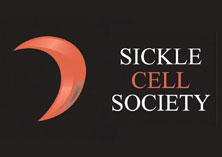
- Information and Support
- back
- About Sickle Cell and Trait
- CAMPAIGNING
- Blood Donation
- Children’s Activities
- Clinical Trials and Research
- Coronavirus (COVID-19)
- Parvo Virus and Sickle Cell
- Hackney Engagement Project
- Helpline
- Heritage Project
- Mentoring
- Resources
- Screening Programme
- Self Over Sickle
- Support Groups and Local Services
- About Us
- Get Involved
- News & Contact
- Help and Advice
- DONATE NOW
Sickle Cell Awareness Month (September 22)
Home » Sickle Cell Awareness Month (September 22)
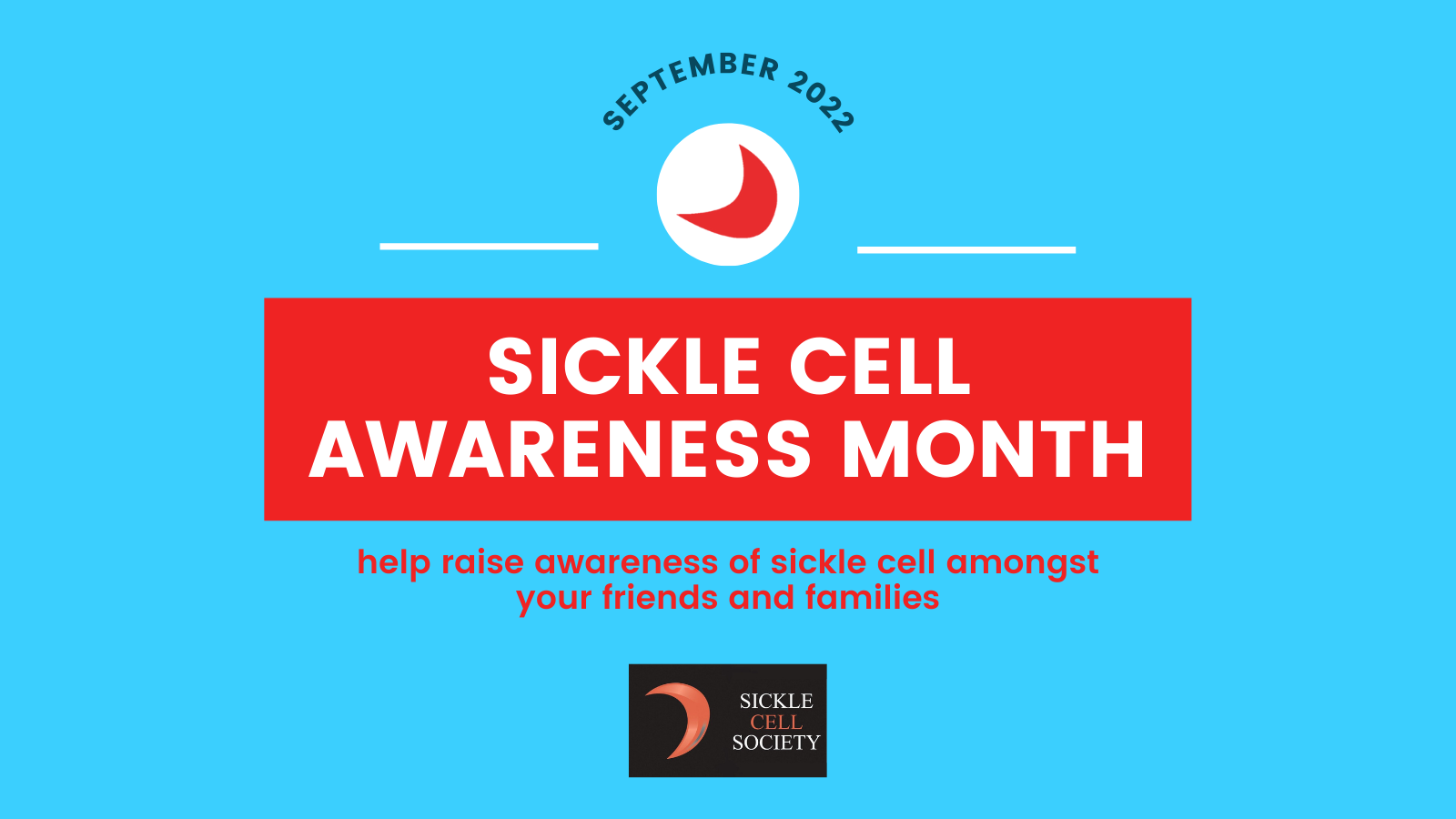
Sickle Cell Awareness Month (September)
September is Sickle Cell Awareness Month worldwide – a month of raising awareness!
What is Sickle Cell (SCD)?
Sickle cell disorders are a group of illnesses which affect your red blood cells. Sickle cell is a genetic condition, which means it is passed on from your parents and you are born with it; you cannot catch it from other people.
Sickle cell disorders causes your normally round and flexible blood cells to become stiff and sickle shaped, stopping the blood cells, and the oxygen they carry, from being able to move freely around the body and causing pain. This can cause episodes of severe pain. These painful episodes are referred to as sickle cell crisis. They are treated with strong painkillers such as morphine to control the pain.
People with sickle cell are also at risk of complications stroke, acute chest syndrome, blindness, bone damage and priapism (a persistent, painful erection of the penis).
Over time people with sickle cell can experience damage to organs such as the liver, kidney, lungs, heart and spleen. Death can also result from complications of the disorder. Treatment of sickle cell mostly focuses on preventing and treating complications.
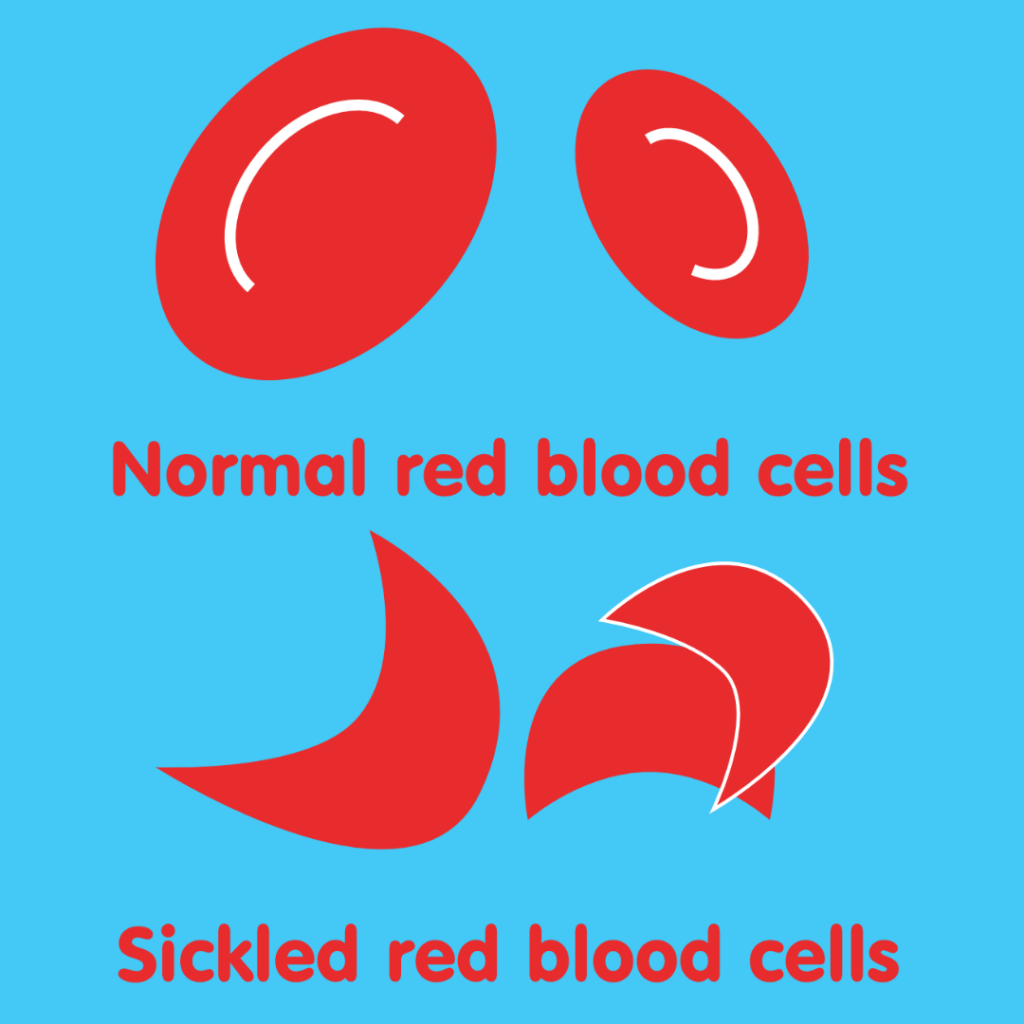
Symptoms of Sickle Cell
Chronic (long term) anaemia – when there are not enough red blood cells or Hb in your body.
Unpredictable Pain (crisis) – When the blood vessels get blocked, it can cause pain and swelling in the area, also known as a crisis.
You may get tired easily or experience fatigue – constant tiredness, feeling weak or lacking in energy because of the anaemia.
Jaundice – yellowing of the whites of the eyes and skin.
Did You Know?
- SCD is inherited from both parents; sickle cell trait is inherited from one parent.
- SCD can affect anyone, although it predominantly affects people from African and Caribbean backgrounds.
- Approximately 1 in 79 babies born in the UK carry sickle cell trait.
- Approximately 15,000 people in the UK have sickle cell disorder.
- Almost 300 babies are born in the UK with sickle cell each year.
- A simple blood test will tell whether you have sickle cell trait or the disorder.
- Children with SCD are at increased risk for stroke, the risk is highest between the ages of 2 and 16.
- Episodes of pain may occur in sickle cell disorder and are generally referred to as a crisis.
The only possible cure for the disorder is bone marrow transplant but this is only possible for a limited number of affected individuals who have a suitable donor. A medicine called Hydroxyurea, can significantly reduce the number of painful crises.
The Sickle Cell Trait
Sickle cell trait is inherited when only one of your parents has passed on the sickle gene, and will never develop into sickle cell disorder. You do not have symptoms from sickle cell trait, so it is a good idea to have a blood test to see if you have sickle cell trait. If you have the trait, the majority of red cells in the blood are normal round shaped cells. Some sickle shaped cells may be present under certain conditions.
The trait is not an illness, but if you are planning to have children, then certain factors have to be considered.
If your partner does not have sickle cell trait, then any children you have will not have sickle cell disorder, but they could have the trait (50% chance).
If you and your partner both have the trait, there is a 25% chance that any child conceived may have sickle cell disorder and 50% chance they will have the trait.
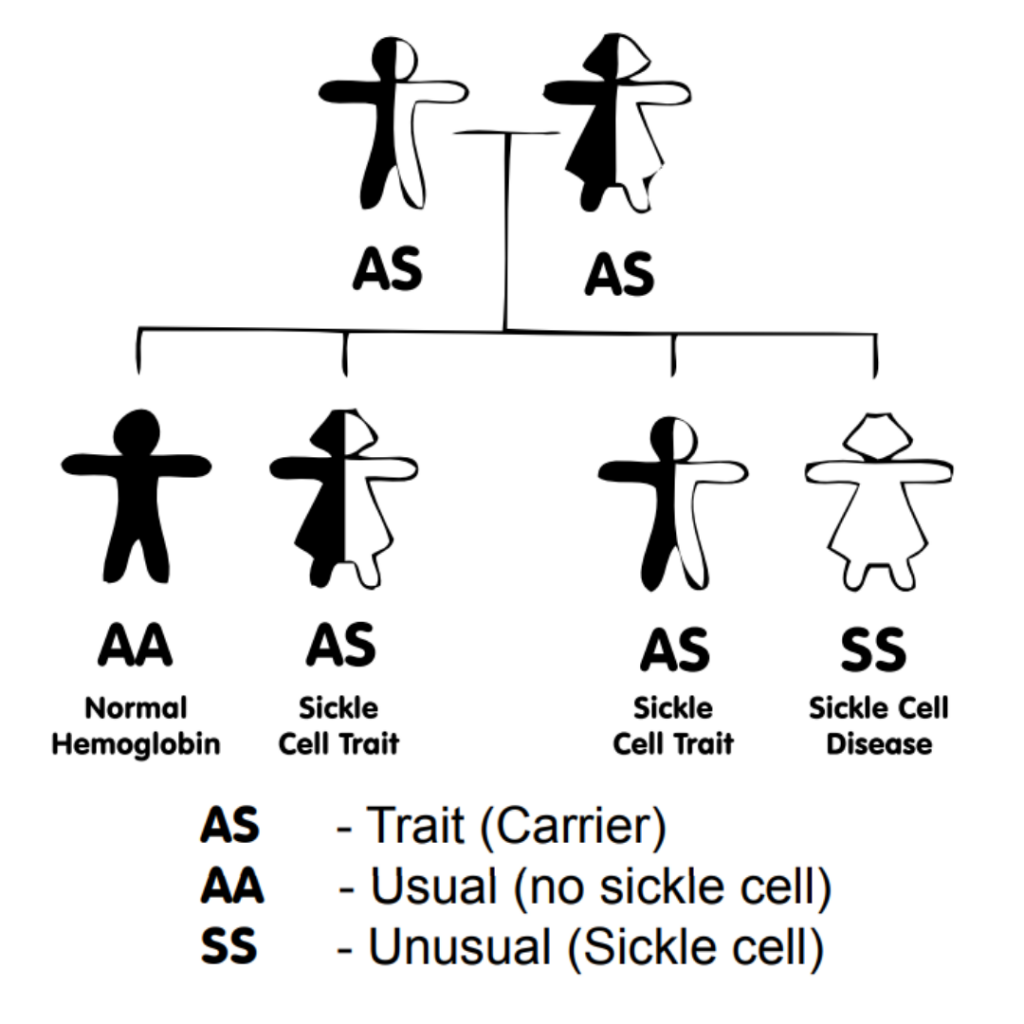
How can I get involved?
Sickle Cell Awareness Month is a month dedicated to raising awareness of sickle cell and celebrating the achievements of those living with sickle cell.
Raise Awareness
We would love for you to get involved this Sickle Cell Awareness Month by raising awareness of sickle cell amoungst your friends and families.
Keep an eye out on our social media pages and be sure to share and re-tweet our posts throughout September!
Raise Money
The Sickle Cell Society exists to support those living with sickle cell to reach their full potential and we rely on your kind support to make that happen.
Sickle Cell Awareness Month is the perfect opportunity to set up a fundraiser to let people in your community know more about sickle cell and help support those living with the disorder. From sponsored challenges to online workshops, fundraisers can be whatever you want.
Find out more about setting one up here: www.sicklecellsociety.org/fundraising/
Want to raise money without leaving the couch? Why not check out our range of free online fundraisers such as Facebook Fundraising, or Give As You Live which raises money every time you shop online! Click here to find out more.
If you don’t fancy setting up a fundraiser but still want to support our work them please consider making a monthly or one-off donation here: www.sicklecellsociety.org/donate/
Thank you for all your support!
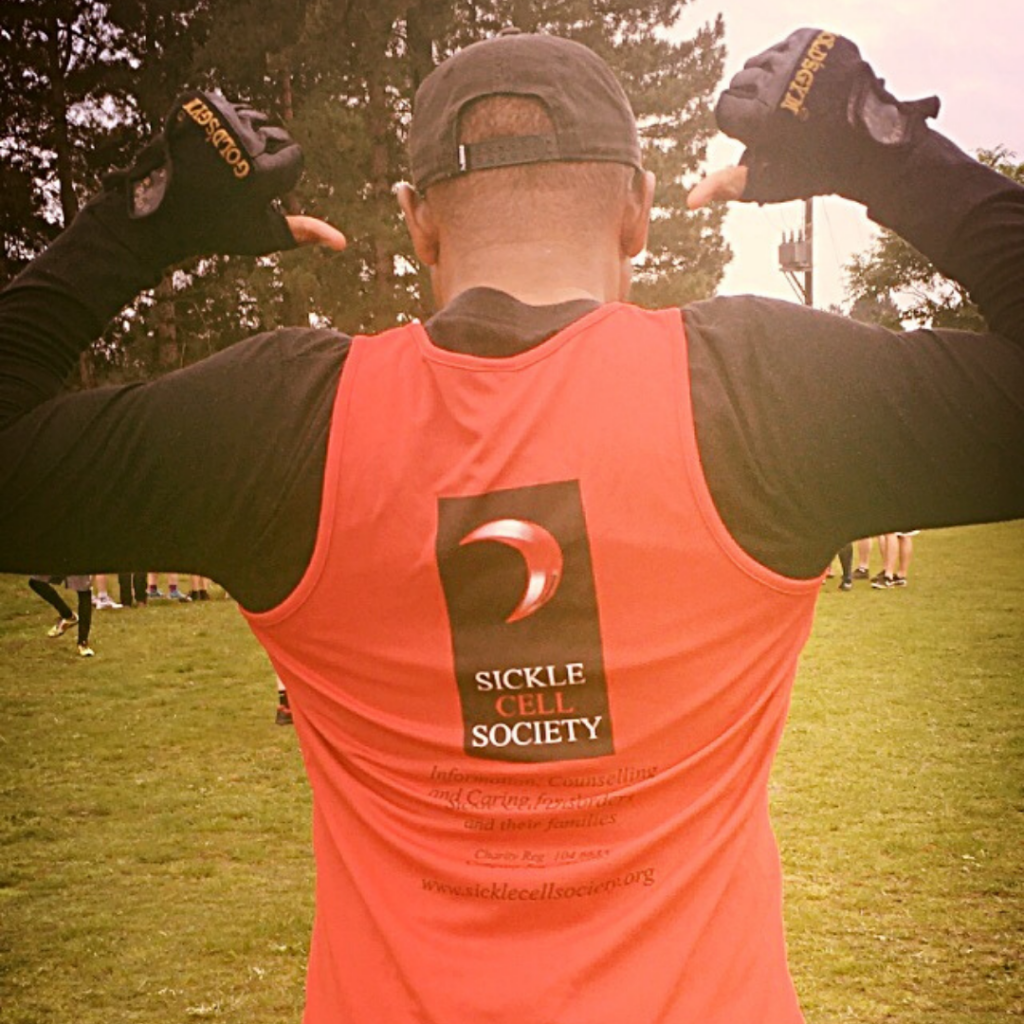

Sickle Cell Plush
Miffy is raising awareness for sickle cell disorder by partnering with the Sickle Cell Society.
10% of purchases of their new Miffy sickle cell soft toys will be donated to support our work.
Buy your Miffy or Melanie Sickle Cell Plush here: https://miffyshop.co.uk/search?q=sickle
Become A Member
The Sickle Cell Society is a patient led organisation, our work is to benefit and improve the overall quality of life for patients as well as support those that are caring for them.
Becoming a member is the best way to be kept informed with the latest news, events, and resources. Membership is completely free and entitles you to:
- The right to vote at the AGM (find out more here)
- Bi-annual newsletter and monthly e-newsletter to keep you abreast of national developments including policy, service development, research, treatment and ongoing management of the condition.
- Invitation to attend our free events so you can hear first hand of the work being done nationally and giving you the opportunity to network with others in similar circumstances
- Signposting to sources of support support including information, advice and advocacy
- Involvement with patient and carer focus groups related to research and development
Become a member for free, today: https://www.sicklecellsociety.org/membership/

